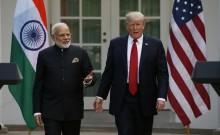World War II (1939-45) that took place between the Allied and the Axis, had resulted in the former led by the United States of America dropping atomic bombs on two Japanese cities—Hiroshima and Nagasaki—on 6 and 9 August 1945, respectively.
Although it brought an end to the war, the bombing had left a devastating impact on Japan resulting in more than 2,00,000 casualties. Over the years, several thousand residents had also suffered a painful death due to the nuclear radiation poisoning.
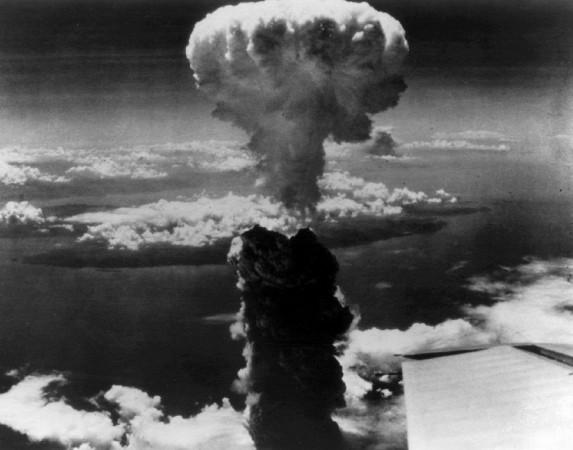
Here is a list a notable quote from renowned scientists and personalities that reminds us of the sad episodes of the Hiroshima-Nagasaki atomic bombing and what impact it had on the world.
"If I had foreseen Hiroshima and Nagasaki, I would have torn up my formula in 1905, "Albert Einstein, was quoted as saying in "Einstein and the Poet : In Search of the Cosmic Man" (1983) by William Hermanns.
"If atomic bombs are to be added as new weapons to the arsenals of a warring world, or to the arsenals of the nations preparing for war, then the time will come when mankind will curse the names of Los Alamos and Hiroshima. The people of this world must unite or they will perish," said Julius Robert Oppenheimer, known as the father of the atomic bomb for his role in the Manhattan Project, nuclear weapons programme of the US.
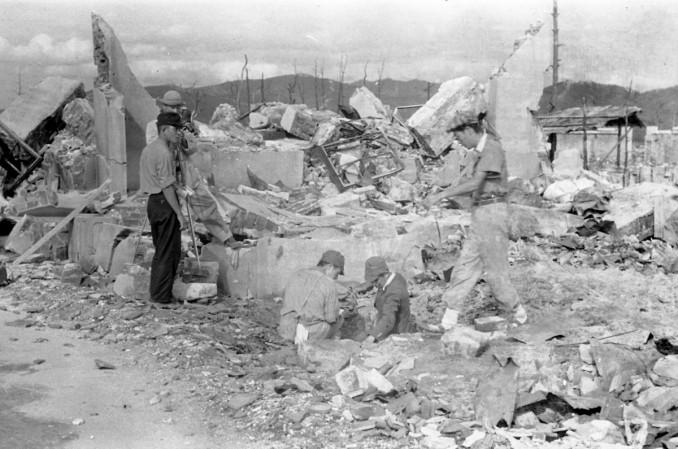
"It is my opinion that the use of this barbarous weapon at Hiroshima and Nagasaki was of no material assistance in our war against Japan. The Japanese were already defeated and ready to surrender because of the effective sea blockade and the successful bombing with conventional weapons. The lethal possibilities of atomic warfare in the future are frightening. My own feeling was that in being the first to use it, we had adopted an ethical standard common to the barbarians of the Dark Ages. I was not taught to make war in that fashion, and wars cannot be won by destroying women and children," Admiral William D Leahy (Chief of Staff to Presidents Franklin Roosevelt and Harry Truman), was quoted as saying in "I Was There", pg. 441.
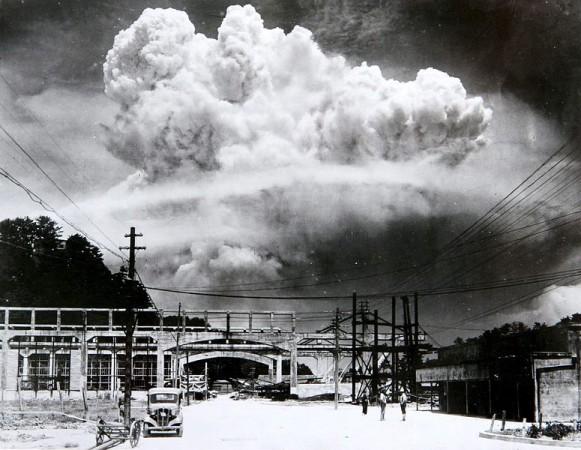
"A woman who was a schoolgirl at Hiroshima asked, "Those scientists who invented the atomic bomb, what did they think would happen if they dropped it?" ---courtesy, Jonathan Glover, Humanity: A Moral History of the Twentieth Century.
"Since Hiroshima and Nagasaki, no nuclear weapons have been used in war, though the world has come uncomfortably close to disaster on more than one occasion. But for good luck, we would all be dead. As we stand at the brink of a second nuclear age and a period of unprecedented climate change, scientists have a special responsibility once again to inform the public and advise leaders about the perils that humanity faces."
"We foresee great perils if governments and society do not take action now to render nuclear weapons obsolete and prevent further climate change," renowned physicist Stephen Hawkins said in the Bulletin Of The Atomic Scientists (BAS) forum (courtesy, The Guardian).

"Japan knows the horror of war and has suffered as no other nation under the cloud of nuclear disaster. Certainly Japan can stand strong for a world of peace," Martin Luther King Jr. wrote in a letter to people of Japan in 1967 (courtesy, The King Center)
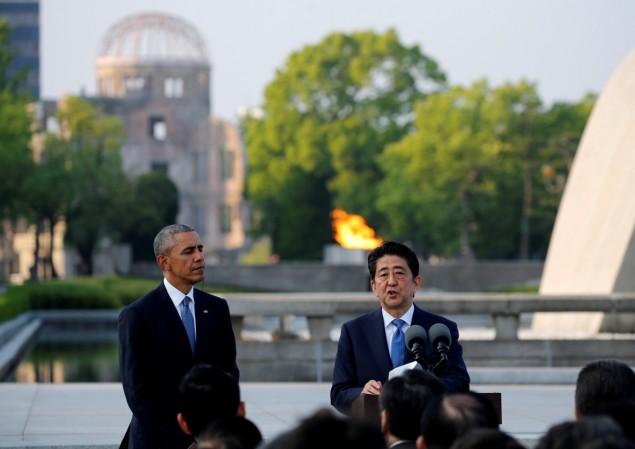
"Seventy-one years ago, on a bright cloudless morning, death fell from the sky and the world was changed. A flash of light and a wall of fire destroyed a city and demonstrated that mankind possessed the means to destroy itself."
"Why do we come to this place, to Hiroshima? We come to ponder a terrible force unleashed in a not-so-distant past. We come to mourn the dead, including over 100,000 Japanese men, women and children; thousands of Koreans, a dozen Americans held prisoners."
"Their souls speak to us. They ask us to look inward, to take stock of who we are and what we might become," former US President Barack Obama said during the opening speech at Hiroshima's Peace Memorial Park in 2016.

"Today we remember all those people who lost their lives in Hiroshima. I hope humankind never sees such a day ever again. Let us all work together & further the cause of world peace and make the world a happier & more peaceful place in the years to come," said Narendra Modi, Prime minister of India (Dated 6 August, 2014).








